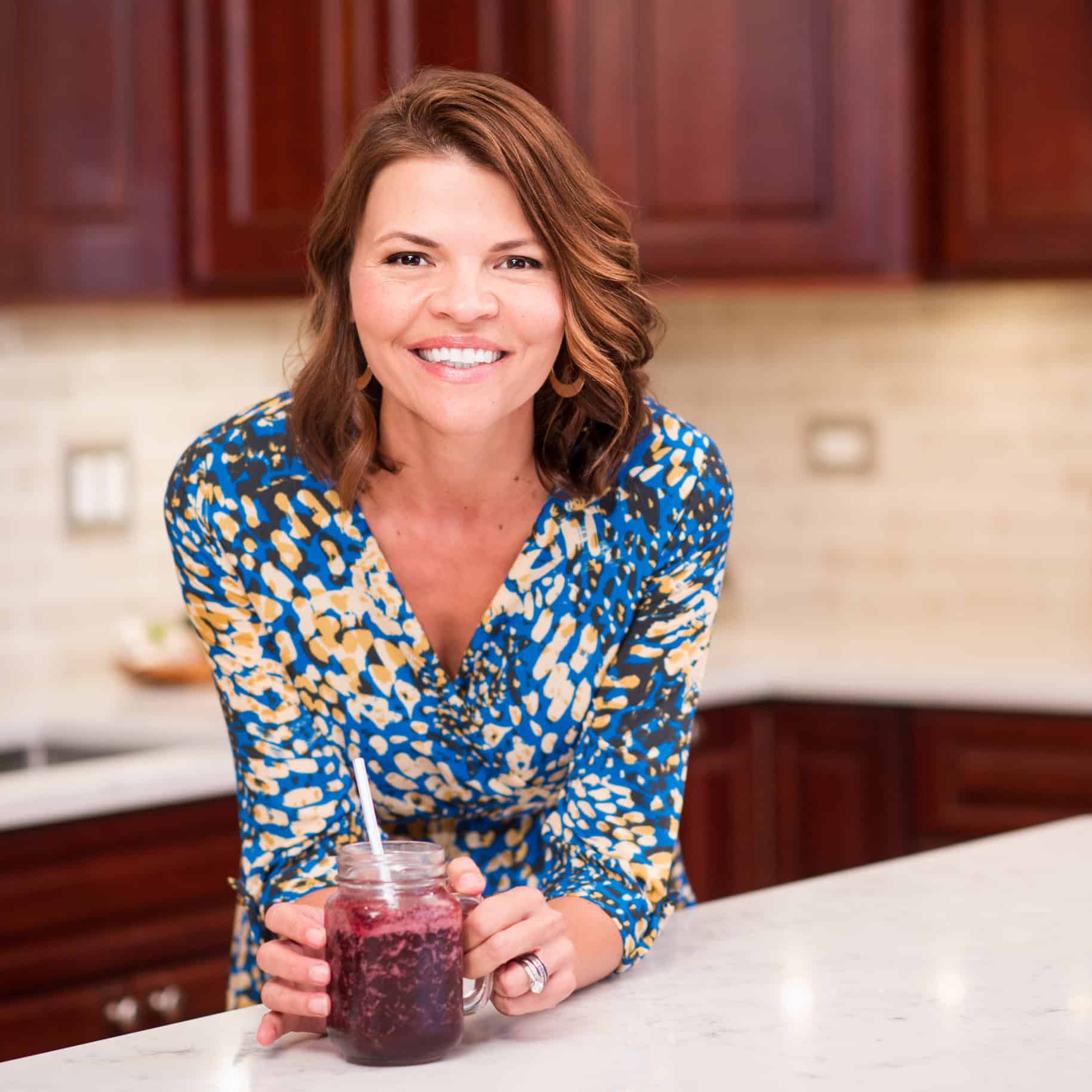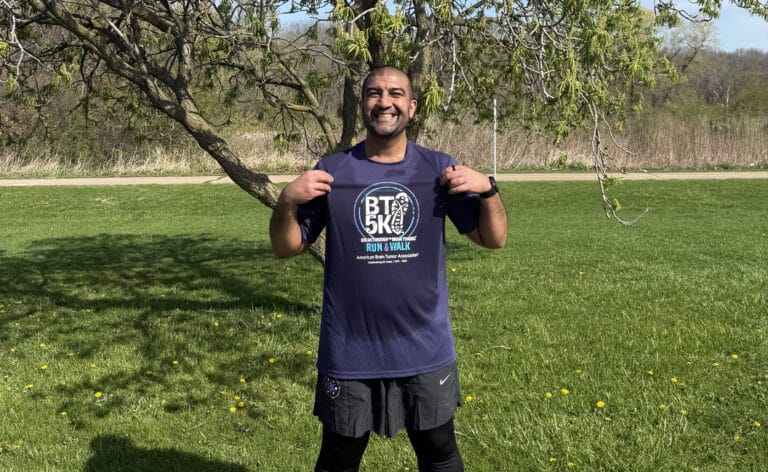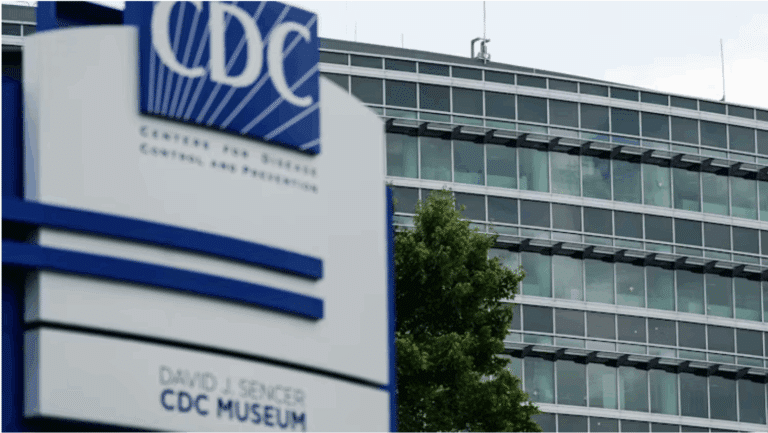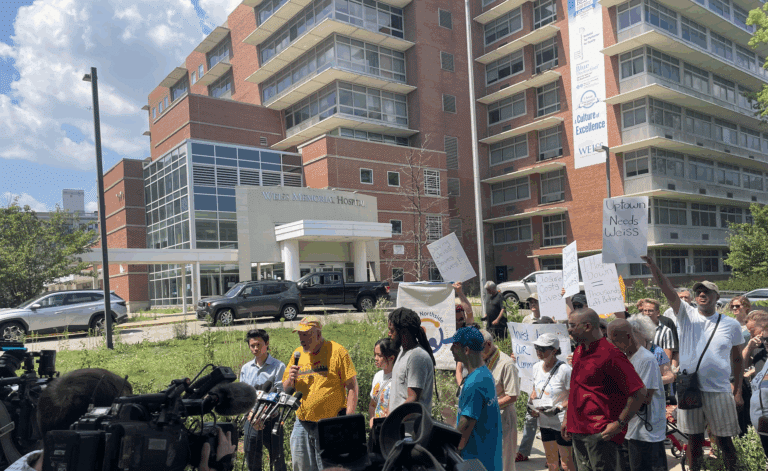Peptic ulcers come with some key telltale signs — and they’re not very pleasant. Upper abdominal pain, nausea, bloating, vomiting, heartburn, and back pain could all be signs of peptic ulcer disease (PUD). By far, upper abdominal pain ranks as the most common symptom, with almost 80% of people with PUD experiencing it.
Peptic ulcers are open sores on the lining of the digestive tract that can result in burning stomach pain. Worldwide, 5% to 10% of people suffer from ulcers in the digestive tract.
Today, most cases of PUD are associated with a Helicobacter pylori (H. pylori) infection and/or the use of nonsteroidal anti-inflammatory drugs (NSAIDS), such as aspirin, ibuprofen (i.e., Advil, Motrin), and naproxen (i.e., Aleve).
H. pylori, a gut-damaging bacterium, lurks in the mucosal lining of the stomach of more than 85% of people with PUD, continuously releasing bioactive factors that lead to inflammation and damage the lining of the digestive tract.
What is a peptic ulcer?
Both H. pylori and NSAIDs can cause disruptions of the mucosal barrier in the stomach or duodenum (the beginning of the small intestine) and lead to ulcer formation, says Leila Kia, MD, assistant professor of medicine at Northwestern University’s Feinberg School of Medicine.
According to A. Samad Soudagar, MD, a gastroenterologist at Northwestern Medicine Lake Forest Hospital, less common causes of peptic ulcers include:
- Underlying cancer.
- Blood thinners.
- Drug use, including cocaine.
- Infectious sources, such as herpes.
- Autoimmune illness, including Crohn’s disease.
- Rare tumors that can predispose patients to a hyperacidic state.
There are multiple types of peptic ulcers, the names of which differ depending on their location in the digestive tract. A sore in the lining of the stomach is a gastric ulcer; a sore in the first part of the small intestine is a duodenal ulcer; and in the lower esophagus, the sore is called an esophageal ulcer.
Some people have no symptoms. Approximately two-thirds of people with PUD are asymptomatic. Others wake up in the middle of the night with upper stomach pain. Whatever the case, peptic ulcer disease is a serious health concern that can reduce quality of life.
The good news is that over the last half century, peptic ulcer disease has declined due to acid-reducing medications, such as proton pump inhibitors, as well as a growing understanding of how to treat H. pylori.
Physicians diagnose the ulcers using an upper endoscopy, which allows them to look into the upper part of the digestive tract. Once they confirm an ulcer, they will look for the underlying cause in order to treat it.
If H. pylori is the culprit, the treatment involves a course of antibiotics and acid blockers. If NSAIDs are to blame, then physicians typically encourage people to discontinue NSAIDs and take proton pump inhibitors for six to eight weeks to allow the ulcers to heal.
“If ulcers are in the stomach, we typically repeat the endoscopy to check for healing, as rarely, non-healing stomach ulcers can be due to cancer,” Kia says. Signs of internal bleeding — such as vomiting blood, or black, bloody stools — are red flags that may require hospitalization, blood transfusions, and an urgent endoscopy to treat the bleeding ulcer.
Diet and peptic ulcers
What you eat and drink contributes to the health of the lining of the digestive tract. Researchers have found that substances such as alcohol, caffeine, and nicotine can increase acid secretion in the stomach.
“Although certain foods — including spicy, greasy, or fatty foods, along with soda, alcohol, or caffeine — can cause ulcer-type pain called dyspepsia, there is no evidence that these dietary items can worsen ulcer disease itself,” Soudagar says. However, he recommends avoiding these foods or having them in moderation to minimize the discomfort from ongoing ulcer disease.
Adding colorful plant foods to your plate may help fend off peptic ulcer disease. Plants contain a wide variety of flavonoids that give the leaves and skin their beautiful colors. Among many important roles in health, flavonoids have been found to have gastroprotective effects. Not only are flavonoids anti-inflammatory, but they also contribute a variety of protective features, including antioxidants and H. pylori inhibitors, which play an important role in keeping the lining of the digestive tract guarded from damaging free radicals and pathogens.
“Smoking and heavy alcohol use are independent risk factors for ulcers and may prevent healing,” Kia says. So, quitting these substances is a positive step toward preventing PUD.
Probiotics or beneficial bacteria may help, too, as these friendly bugs can inhibit the growth of pathogenic bacteria and/or compete for the available nutrients and growth factors.
Limiting peptic ulcers
How else can you treat and prevent peptic ulcers? These seven lifestyle changes may help:
- Quit smoking. If you smoke tobacco products, quit. Nicotine can increase acid production in the stomach and aggravate an existing ulcer, prevent healing, and increase risk for recurrence.
- Moderate alcohol intake. For women, that means no more than one drink per day and for men, two drinks per day. (One drink equals a 5-ounce glass of wine, 12-ounce beer, or 1.5 ounces of liquor.) Do not mix alcohol and medications, as over time this can cause damage to the lining of the digestive tract.
- Eat a variety of whole plant foods. Consume vegetables, fruits, and grains to get vitamins, minerals, fiber, and phytochemicals, such as flavonoids, which may help boost immunity, strengthen the integrity of the digestive tract lining, and heal pre-existing ulcers. Limit spicy, fatty, and fried foods, which may exacerbate PUD.
- Stay hydrated and limit caffeine intake. Drink water throughout the day. A good rule of thumb is to drink half of your body weight in ounces from fluids, primarily water, each day.
- Get probiotics. Fortify the gut with healthy bacteria, which you can get in fermented foods like yogurt, kefir, sauerkraut, and apple cider vinegar. You may need a targeted probiotic supplement if you are being treated with antibiotics for H. pylori. Consult with a registered dietitian nutritionist (RDN) who specializes in gastrointestinal health.
- Avoid nonsteroidal anti-inflammatory drugs (NSAIDs), such as aspirin, ibuprofen, and naproxen — unless aspirin is medically necessary.
- Pay attention to your mental health. Stress, anxiety, and depression may indirectly cause peptic ulcers. Poor eating habits and destructive lifestyle behaviors, which can ensue with mental health conditions, can contribute to ulcers.
These lifestyle changes may not be easy at first, but research shows they make a difference. In a recent risk assessment that monitored 71 people with moderate to high PUD recurrence risk for one year, one group received individualized intervention with educational brochures, lifestyle change counseling, psychological counseling for depression and anxiety, and home health care and medication guidance. The control group received no intervention, only a follow-up call every three months to see if there was any ulcer recurrence.
The findings revealed that individualized intervention improved not only the recurrence rate, but also anxiety, depression, pain degree, and quality of life.
Peptic ulcers can be painful. But adopting a healthy diet and lifestyle can help prevent and treat them.

Vicki is a registered dietitian nutritionist, lifestyle nutrition expert, writer, culinary and media consultant and author of two books.













